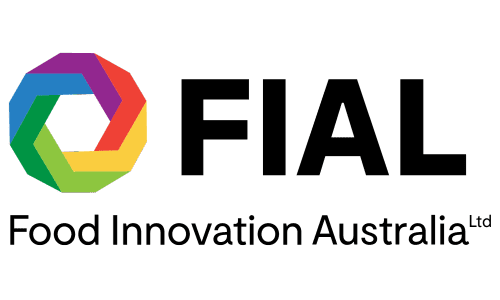Stahmann Farms | Celebrating Australian Food and Agribusiness Innovations 2020

Challenge
Stahmann Farms began life in New Mexico in 1932 when Deane Stahmann Snr and his sons planted 100,000 pecan trees on a property that the family still owns and runs today. Hoping to create year round supply of America’s favourite nut, Deane Jr decided to bring pecans to Australia in 1965.
What began as a solution to seasonal unavailability eventually grew into the largest pecan operation in the Southern Hemisphere. Also producing and processing macadamias, with walnuts and almonds recently added to the mix, Stahmann Farms has transitioned from grower to a fully vertically integrated agribusiness.
Solution
Innovation underpins everything at Stahmann Farms and always has. Flagship property Trawalla, near Moree in NSW, is home to the original pecan orchards and has been pesticide free for over 30 years. Working with CSIRO, Stahmann uses scientific insights to implement biological controls including rotated cover crops and introduction of natural insect predators and moulds to regulate pest populations.
Maintaining accuracy in water and nutrient delivery gives producers tighter control over yield, particularly with pecans. That’s why the 1000-hectare farm employs a system of fertigation, enabling precision supply of both water and nutrients specific to each tree via the irrigation system and pumping station.
Stahmann grows other tree nut varieties throughout Australia. Once harvested, product is cracked and manufactured — onsite in the case of walnuts, with pecans and macadamias dual cracked (on different machinery) in the company’s Toowoomba facility, where pasteurisation and value-add activities like roasting and salting are also carried out. Shells are sold into the cattle feedlot market or utilised in biofuels.
The company’s food science team monitors current global data around health benefits, processes and allergy management which, along with consumer trends, informs market requirements from a processing segregation perspective. In response to market demand, the company’s facility is peanutfree, one of only a handful in Australia.
Steady investment in research and development has led to packaging design changes that open new doors from a retail perspective, from resealable packaging in the baking category through to development of a 20 g macadamia pack suitable for airline catering.
Outcome
Stahmann Farms produces and supplies under the Riverside label, along with private brands for major Australian and international grocery retailers. A strong relationship with TSBE has provided market information, support and a network of contacts, along with access to shared logistics resources including freight services to key markets. The product itself may be simple, but in analysing each process in the chain and remaining focused on continuous innovation, Stahmann Farms has earned its place at the forefront of its industry.
